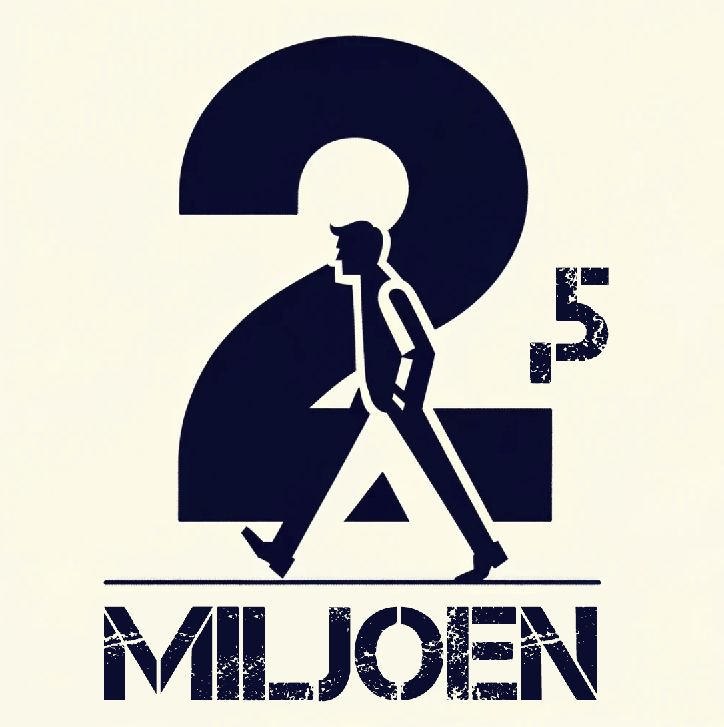
Is Terschelling 'leaving' 2.5 million Euros in tourist tax on the table?
The way municipalities determine their tourist tax rates is an interesting issue. For illustration: the Municipality of Terschelling and the Municipality of Zandvoort both estimated around 3.45 million euros in tourist tax revenue for 2023 (source: COELO, 2023), but with significantly different rates.
Terschelling vs Zandvoort: food for thought
Terschelling charges €1.92 per person per night, Zandvoort €3.30. The equal revenue of 3.45 million means a significant difference in the number of overnight stays: 1.8 million for Terschelling and 1.05 million for Zandvoort. If Terschelling were to apply the same rate as Zandvoort, it would generate approximately 2.5 million in additional revenue. This post is not about comparing these two municipalities, but about the question: what do municipalities consider when determining their rates?
Are rates based on analyses of visitor numbers, economic impact studies, and local needs? Or are these rates more intuitively determined, such as by an annual (inflation) adjustment or political considerations?
Local context
Factors such as the type of tourists attracted, the carrying capacity of the local economy, and the pressure on services and infrastructure are relevant. An island like Terschelling is a true tourist destination and may be cautious about significantly raising the rate to avoid alienating local entrepreneurs. But how would these entrepreneurs feel if, for example, half of the proceeds from the 'extra' increase went to a fund from which they could receive subsidies for tourism innovation or for making their accommodations more sustainable?
Setting rates is not just a matter of financial planning, but also of strategic positioning. When considering an increase, municipalities will also take into account their position relative to other destinations; a (too) high rate may deter visitors, while a too low rate generates less revenue that could be used for improvements in, for example, (tourism) infrastructure and sustainability.
Future perspective and policy choices
As we approach 2024, the time when municipalities in the Netherlands publish their Tourist Tax Ordinance again, the data so far shows that the annual (inflation) adjustment is the leading policy choice. I think that's a shame; there is a balance between "the tourist as a cash cow" on the one hand and the status quo on the other. I think municipalities have more room (than they themselves think?) to have tourists contribute to municipal development. A glance at rates in other European countries also supports this idea.




